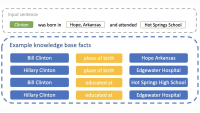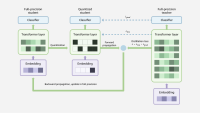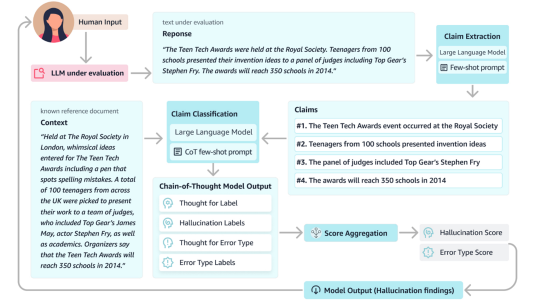Interspeech, the world’s largest and most comprehensive conference on the science and technology of spoken-language processing, takes place this week in Incheon, Korea, with Amazon as a platinum sponsor. Amazon Science asked three of Alexa AI’s leading scientists — in the fields of speech, spoken-language-understanding, and text-to-speech — to highlight some of Amazon’s contributions to the conference.
In this installment, senior principal scientist Gokhan Tur selects a few representative papers covering a wide range of topics in spoken-language understanding.
"Learning under label noise for robust spoken language understanding systems"
While deep-learning-based approaches have shown superior results for benchmark evaluation tasks, their performance degrades significantly when the training data is noisy. This is typically due to memorization, in which the model simply learns one-to-one correspondences between specific inputs and specific classifications, and the problem is especially acute for overparameterized models, which are already prone to overfitting. In this paper, the Alexa researchers perform a systematic study introducing various levels of controlled noise to the training data and explore five different label noise mitigation strategies for the task of intent classification:
- Noise layer learns the noise distribution, adding a final layer to the model.
- Robust loss uses both active loss (maximizing the probability of being in the labeled class) and passive loss (minimizing the probabilities of being in other classes).
- LIMIT augments the objective function with the mutual information between model weights and the labels conditioned on data instances, to reduce memorization.
- Label smoothing regularizes the model by replacing the hard 0 and 1 classification targets with smoothed values.
- Early stopping aims to prevent overfitting by stopping when the validation error starts to increase.
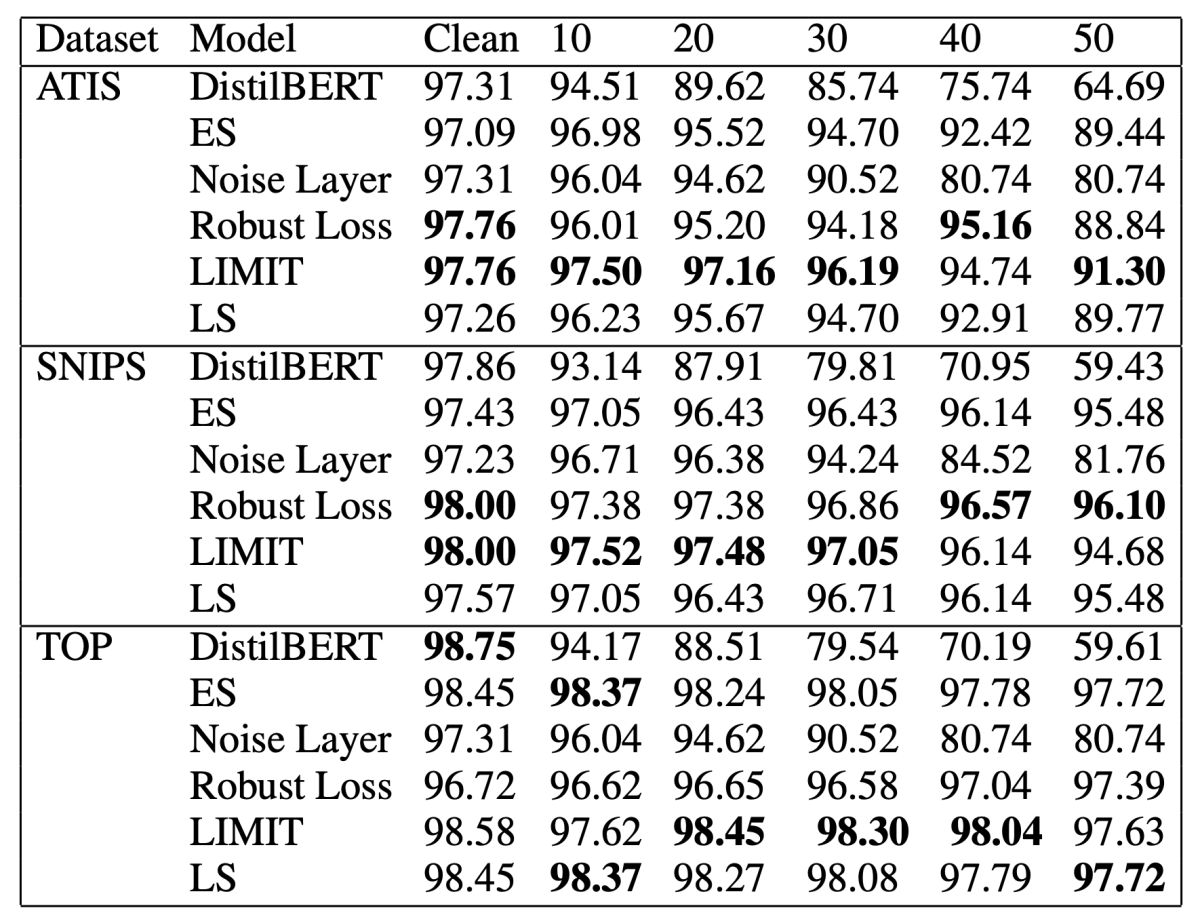
The results table shows the effectiveness of these methods for the well-known language-understanding datasets ATIS, SNIPS, and TOP, for different noise levels. First, the researchers have shown that for each of the datasets, the accuracy of the baseline model (DistillBERT) has degraded more than 30%, with 50% noise level. The paper reports that all mitigation methods are effective in alleviating this degradation. The LIMIT approach performs best and is able to recover more than 80% of the dropped accuracy with 50% noise level and more than 96% with 20% noise level.
“Phonetic embedding for ASR robustness in entity resolution”
In Alexa, entity resolution (ER) is the task of retrieving the index of an entity given various ways of describing it in natural language. Phonetic variations are one big category of errors, such as “chip and potato” being recognized as “shipping potato”. While lexical and phonetic search methods are a straightforward way to resolve such errors, they are suboptimal since they cannot tell which pairs of phrases are more likely to be confused.
In this paper, Alexa researchers propose to employ phonetic embeddings based on the pronunciations of such phrases, where the similarity of pronunciation is directly reflected by the embedding-vector distance. Then they employ a neural vector search mechanism using a Siamese network to improve the robustness of the ER task against automatic speech recognition (ASR) noise. The phonetic embedding is combined with the semantic embedding from a pretrained BERT model. They also experimented with using the ASR n-best hypotheses as an input during training.

The paper presents results using the Video and Book domains in Alexa. In the evaluation of retrieval tests, the researchers see that, compared to the lexical-search baseline, the phonetic-embedding-based approach reduces the error rate by 44% in the Video domain and by 35% in the Book domain. With the ASR n-best data augmentation, they further reduce the error rate to 50% in the Video domain.
“Squashed weight distribution for low bit quantization of deep models”
Large deep-learning models — especially Transformer-based ones — have been shown to achieve state-of-the art performance on many public benchmark tasks. But their size often makes them impractical for real-world applications with memory and latency constraints. To this end, researchers have proposed various compression methods, such as pruning weights, distillation, and quantization.
Quantization divides a variable’s possible values into discrete intervals, and maps all values in each interval to a single, representative value. It is a straightforward process with “bit-widths” of eight bits or more, meaning that each representative value has an eight-bit (or larger) index. It’s often applied after full-precision training of a model, but to avoid a mismatch between training and testing, researchers are turning to quantization-aware training approaches, where quantization noise is injected in the forward pass.
In this paper, Alexa researchers present the lowest reported quantization bit-widths for compressed Transformer models. They show only 0.2% relative degradation on public GLUE benchmarks with three-bit quantization and 0.4% relative degradation on Alexa data with only two-bit quantization. They achieve this with a reparameterization of the weights that squashes the distribution and by introducing a regularization term to the training loss to control the mean and variance of the learned model parameters.
The main idea is optimizing the overall distribution of weights under the well-known stochastic-gradient-descent (SGD) approach to training using a novel weight transformation that causes SGD to learn approximately uniformly distributed weights instead of the typical Gaussian distribution.
“Impact of acoustic event tagging on scene classification in a multi-task learning framework”
This paper explores the use of acoustic event tagging (AET) for improving the task of acoustic scene classification (ASC). Acoustic events represent information at levels of abstraction such as “car engine”, “dog-bark”, etc., while scenes are collections of acoustic events in no particular temporal order that represent information at higher levels of abstraction, such as “street traffic” and “urban park”. Previous studies suggest that humans leverage event information for scene classification. For instance, knowledge of the event “jet-engine” helps classify a given acoustic scene as “airport” instead of “shopping mall”.
In this paper, Alexa researchers propose jointly training a deep-learning model to perform both AET and ASC, using a multitask-learning approach that uses a weighted combination of the individual AET and ASC losses. They show that this method lowers the ASC error rate by more than 10% relative to the baseline model and outperforms a model pretrained with AET first and then fine-tuned on ASC.
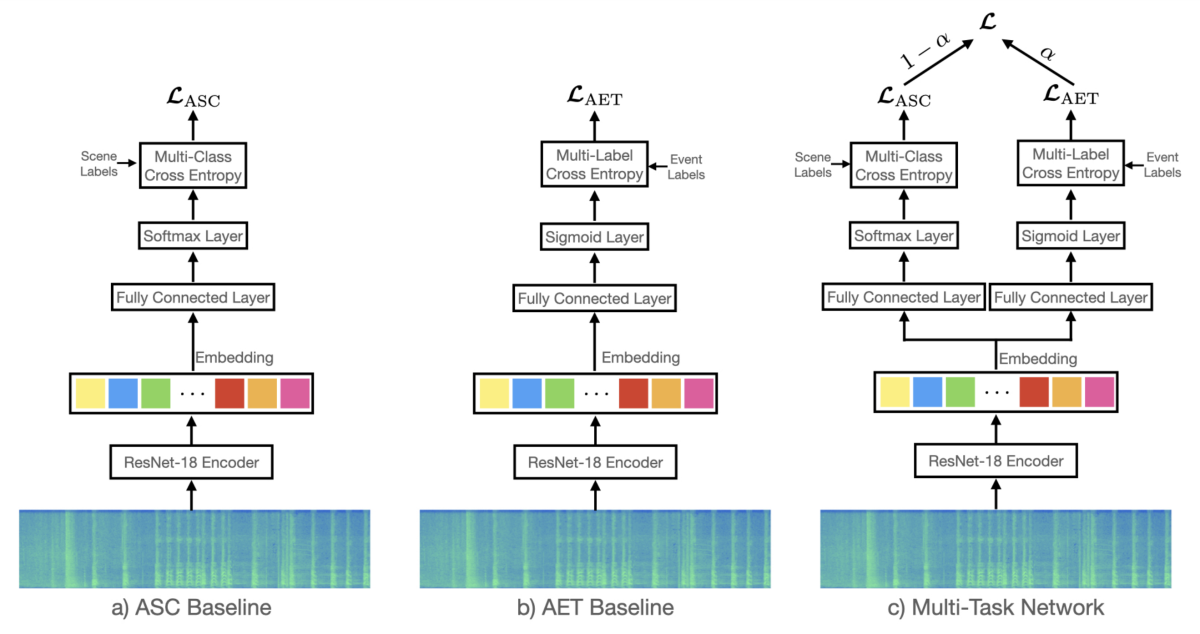
For machine learning models that help users learn English as a second language (ESL), mispronunciation detection and diagnosis (MDD) is an essential task. However, it is difficult to obtain non-native (L2) speech audio with fine-grained phonetic annotations. In this paper, Alexa researchers propose a speech synthesis system for generating mispronounced speech mimicking L2 speakers.

The core of the system is a state-of-the-art Transformer-based sequence-to-sequence machine translation model. The L1 reference phoneme sequence of a word is treated as the source text and its corresponding mispronounced L2 phoneme sequences as "paraphrased" target texts. The researchers’ experiments demonstrate the effectiveness of the L2-GEN system in improving MDD accuracy on public benchmark evaluation sets.


